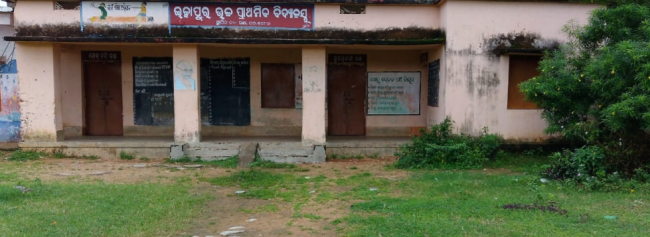Learn more from four new publications on public finance for community and institutional WASH services.
Published on: 04/09/2020

School in Nuapada district, Odisha, India. Photo: IRC
The union government, state governments, local governments and civil society organisations have played a vital role in shaping the rural water and sanitation sector in India. Public finance supports the sector in India and flows through different routes - Centrally Sponsored Schemes, State Sponsored Schemes, Central Finance Commission Grants and State Finance Commission Grants. Four new publications discuss the nature of public fund flows for water and sanitation services for communities and institutions - schools, health care and anganwadi (daycare) centres - in the states of Bihar and Odisha.
These papers are part of a Centre for Budget and Governance Accountability (CBGA) series on "Decentralised Public Finance for WASH: Policy and Practice Learnings". The series is based on two core projects: Watershed - Capacity Building Support for Civil Society Organisations to Leverage Water and Sanitation Programmes in Bihar and Odisha supported by IRC and Tracking and Analysing Budget Allocations and Utilisation for WASH by Rural Local Bodies, supported by WaterAid India, using the Life-Cycle Cost Approach covering two districts each from both the States namely Gaya and Samastipur from Bihar and Nuapada and Ganjam from Odisha.
You will find the four new publications below, listed under Resources.